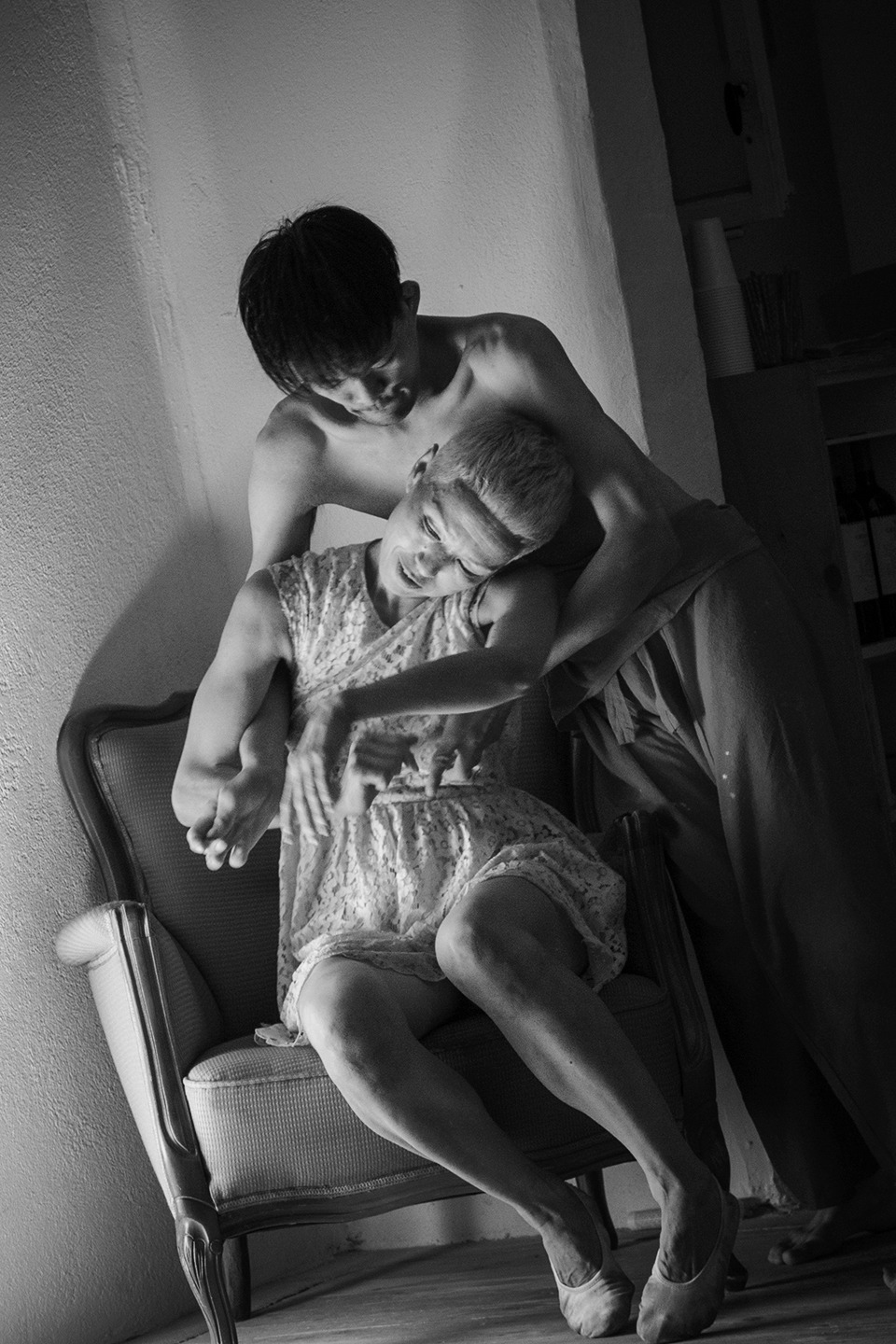[By using] the symbolic language of art, an alternative channel for communication is opened. This is a vital gift when words have lost their meaning.
— Ruth Abraham
One of the major obstacles facing us as we age is the increased possibility of dementia. Anyone who has experienced seeing a loved one suffer from one of the forms of this difficult illness understands the myriad challenges that accompany diseases like Alzheimer’s. For both the person afflicted, and their surrounding friends and family, this is a journey that requires support and compassion. Fortunately, there are a number of ways to live a well-rounded life while living with dementia. One such avenue is through the arts: whether producing artwork motivated by illness, or participating in art programs that cater to people afflicted with dementia, creativity can be a way to manage and heal the emotional pain that comes with dementia.

Photo by Kimberly Bryant
Modified museum and art programs
The Museum of Modern Art is one example of a major arts institution that offers museum programs designed specifically for people suffering from dementia and their caretakers. As part of their specially curated programs, people living with dementia can speak about art with the museum’s trained educators and investigate subject matter, artists, and shows. The participants, no matter what their condition, are treated with the respect that all adults deserve. In this informative video series, MoMA’s curator explains that programs like these are not only invaluable learning experiences for the participants, but for the program’s facilitators as well:
“Sometimes you can’t even tell who’s the person with dementia and who’s the caregiver. And that’s really amazing because what it means is that everyone’s interacting on the same level. And it’s a level that’s very high — it’s an adult level. With a little humor and a lot of openness, you get around the obstacles that Alzheimer’s presents.”
MoMA’s dementia-related programs — including The MoMA Alzheimer’s Project, beginning in 2007 — are specifically intended for use by community organizations, assisted-living facilities, other museums, and caregivers.
Understanding Alzheimer’s through art
On the other hand, there are artists such as William Utermohlen who demonstrate the potential in creating art from illness. Between his initial diagnosis in 1995 through to 2001, when he tragically lost his ability to draw, Utermohlen sought to understand Alzheimer’s through painting a courageous series of self-portraits that explore his personal experience with the disease. Since his 2007 death, his wife, art historian Patricia Utermohlen, has done a wonderful job of spreading awareness about Alzheimer’s by way of her husband’s art. In the moving video below, Patricia delves into his life’s work, and shares “how art had allowed Bill to communicate his thoughts long after verbal communication was far beyond him.”
Slowly eradicating social stigma
Social stigma is one aspect of dementia that can be helped significantly by either making art, or by participating in arts programming. Producing art work (whether in a professional therapeutic context, or at home as a hobby) can help lessen feelings of isolation by providing the person with an emotional outlet through which to express difficult feelings. And you don’t need to be a professional artist to make it happen — books like When Words Have Lost Their Meaning, by Ruth Abraham, explain the benefits of practicing art for Alzheimer’s patients, no matter what their artistic skill level.
Participating in museum programming, meanwhile, gives people living with dementia a chance to be treated as respected adults in a social, stimulating environment. As William Utermohlen’s psychologist, Rachel Davenhill, reminds us, “with dementia, people get killed off socially long before organic death. There’s a huge social stigma.”By proactively seeking ways to counteract this, we can offset unnecessary harmful consequences to an already challenging illness.
Art therapy draws on the rich resources of a lifetime — the temperament, emotions, experiences, and memories that make up one’s internal world — that are still present for many years of the disease and provide material for profound communion.
— Ruth Abraham
The trained and compassionate staff at the Institute of Aging has many resources for individuals looking to maintain a healthy lifestyle during their later years, as well as those to help families cope with Alzheimer’s and gain the best in at-home senior care. Contact the Institute on Aging to find out more.







